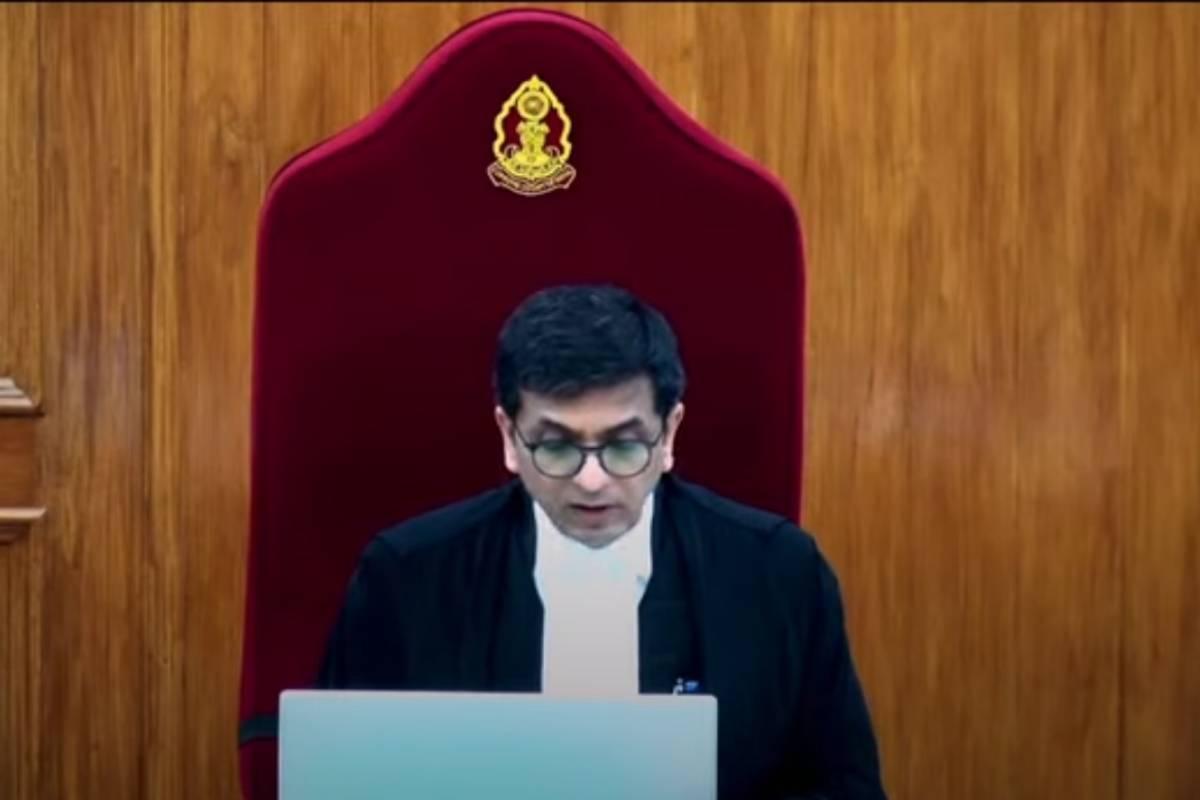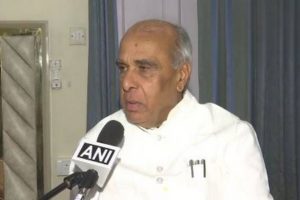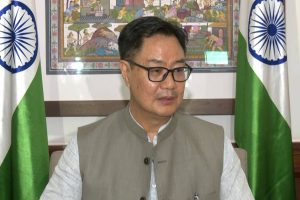Chief Justice of India, DY Chandrachud acknowledged the significant contributions of legal luminaries from Nagpur to the deliverance of justice and enriching and entrenching the country’s legal landscape.
Addressing an event organised to mark the centenary year of the High Court Bar Association of Nagpur on Friday, CJI Chandrachud invoked the contributions of Dalit icon and the key architect of the country’s constitution, Dr BR Ambedkar, saying that 2024 marks not only the centenary year of the Bar Association but also 100 years since Babasaheb began his law practice.
Recalling his time at the Nagpur Bench of the Bombay High Court, Justice Chandrachud said, “Nagpur holds importance in the life of one of the founders of our Republic, Bharat Ratna Dr Babasaheb Ambedkar. It is here that Babasaheb embraced Buddhism, and his final remains are enshrined in the central dome of the Deekshabhoomi stupa.”
“This year marks not only the centenary of the Bar Association but also 100 years since Dr Babasaheb Ambedkar began his law practice,” the CJI said.
“In honour of this milestone, the Supreme Court established a statue of Dr Ambedkar symbolising his guiding presence as we fulfil our constitutional duties. In a sense, a little part of Nagpur is now forever a part of the Supreme Court,” he added.
The centenary celebration of the High Court Bar Association (HCBA) of Nagpur was held in the high court premises in the Civil Lines.
CJI Chandrachud also underlined the foundational principles of independence and non-partisanship within the Indian judiciary and bar associations, while also highlighting the ‘inclusive nature’ of the Constitution, stating that it aims to unite individuals from all walks of life.
According to a portal detailing Ambedkar’s enrolment as an advocate, after returning to his homeland in 1923, he applied for a licence (Sanad) to practice law.
“After his enrolment at the bar, he set up his legal practice at the Social Service League in Bombay. Unlike other notable lawyers of that time, Dr Ambedkar began his practice with few connections and even fewer resources. Despite this, his skills as a lawyer were reflected in several leading cases,” the portal reads.
CJI Chandrachud also highlighted the importance of having an independent bar at the centenary event on Friday, saying there is a close link between the independence of the judiciary and the independence of the bar.
“The bar as an institution is essential to preserve judicial independence, constitutional values and the dignity of the courts,” Justice Chandrachud said.
He said the judiciary has time and again risen to the occasion to “assert its independence and non-partisanship, separation of power from the executive, the legislature and vested political interest”.
“We must not forget, however, that there is a close link between the independence of the judiciary and the independence of the bar,” the CJI said.
He said an independent bar is a “moral bulwark to protect the rule of law and constitutional governance”.
The CJI said the judgements of the constitutional courts mark a culmination of rigorous proceedings, through legal analysis and commitment to constitutional principles, adding, however, that once a judgement is pronounced, it is ‘public property’.
Significantly, Justice Chandrachud noted that of late, he has been ‘disturbed’ by the tendency of members of the bar association to comment on cases that are pending before courts and judgements delivered by courts.





